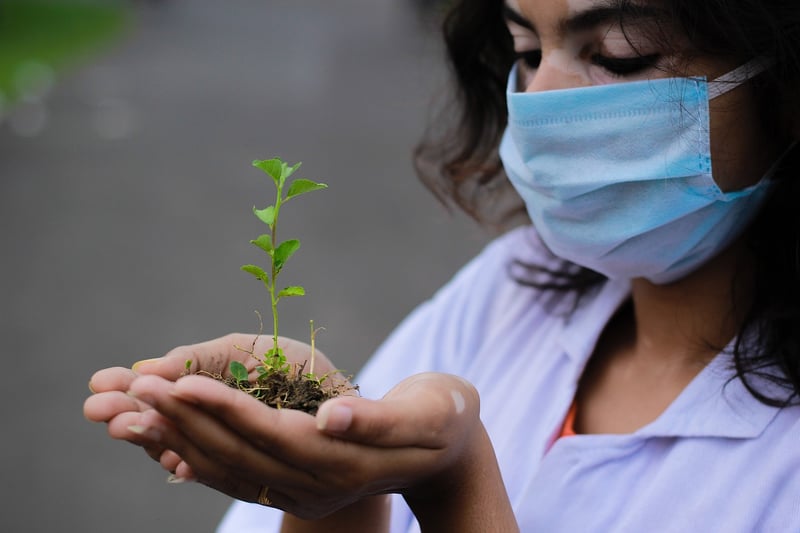Soil Health Tips

Maintaining Healthy Plants and Soil Health Tips
Introduction
Welcome to our guide on maintaining healthy plants and soil health tips! In this article, we will provide you with essential information on how to keep your plants thriving and your soil in top condition.
1. Choose the Right Plants
Start by selecting plants that are well-suited to your climate, soil type, and sunlight conditions. By choosing the right plants, you are setting them up for success right from the beginning.
2. Water Wisely
Water your plants deeply but infrequently to encourage deep root growth. Avoid overwatering, as it can lead to root rot and other diseases. Always water the base of the plants to prevent water from evaporating before reaching the roots.
3. Provide Adequate Sunlight
Most plants require sunlight to photosynthesize and grow. Make sure your plants are placed in locations where they can receive the appropriate amount of sunlight for their specific needs.
4. Fertilize Regularly
Feed your plants with a balanced fertilizer to provide them with essential nutrients for healthy growth. Be mindful of the specific fertilizer requirements of each plant type.
5. Prune and Deadhead
Regularly prune your plants to promote new growth and maintain their shape. Deadhead flowers to encourage continuous blooming throughout the season.
Soil Health Tips
1. Test Your Soil
Get your soil tested to understand its pH level and nutrient composition. This will help you determine the right amendments needed to improve soil health.
2. Add Organic Matter
Organic matter such as compost, manure, or leaf mulch can improve soil structure, fertility, and water retention. Add organic matter regularly to keep your soil healthy.
3. Rotate Crops
Rotate your crops each season to prevent nutrient depletion and soil-borne diseases. Different plants have different nutrient needs, so rotating them can help maintain soil health.
4. Mulch Your Soil
Apply a layer of mulch to your soil to conserve moisture, suppress weeds, and regulate soil temperature. Mulch also adds organic matter to the soil as it breaks down.
5. Practice No-Dig Gardening
Avoid tilling or digging your garden beds excessively, as it can disrupt the soil structure and beneficial organisms. Instead, opt for no-dig gardening methods like lasagna gardening or raised beds.
Conclusion
By following these tips for maintaining healthy plants and improving soil health, you can create a thriving garden that will reward you with beautiful blooms, delicious fruits, and a sustainable ecosystem. Remember to observe your plants regularly and make adjustments as needed to ensure their well-being.
Images source: Pixabay